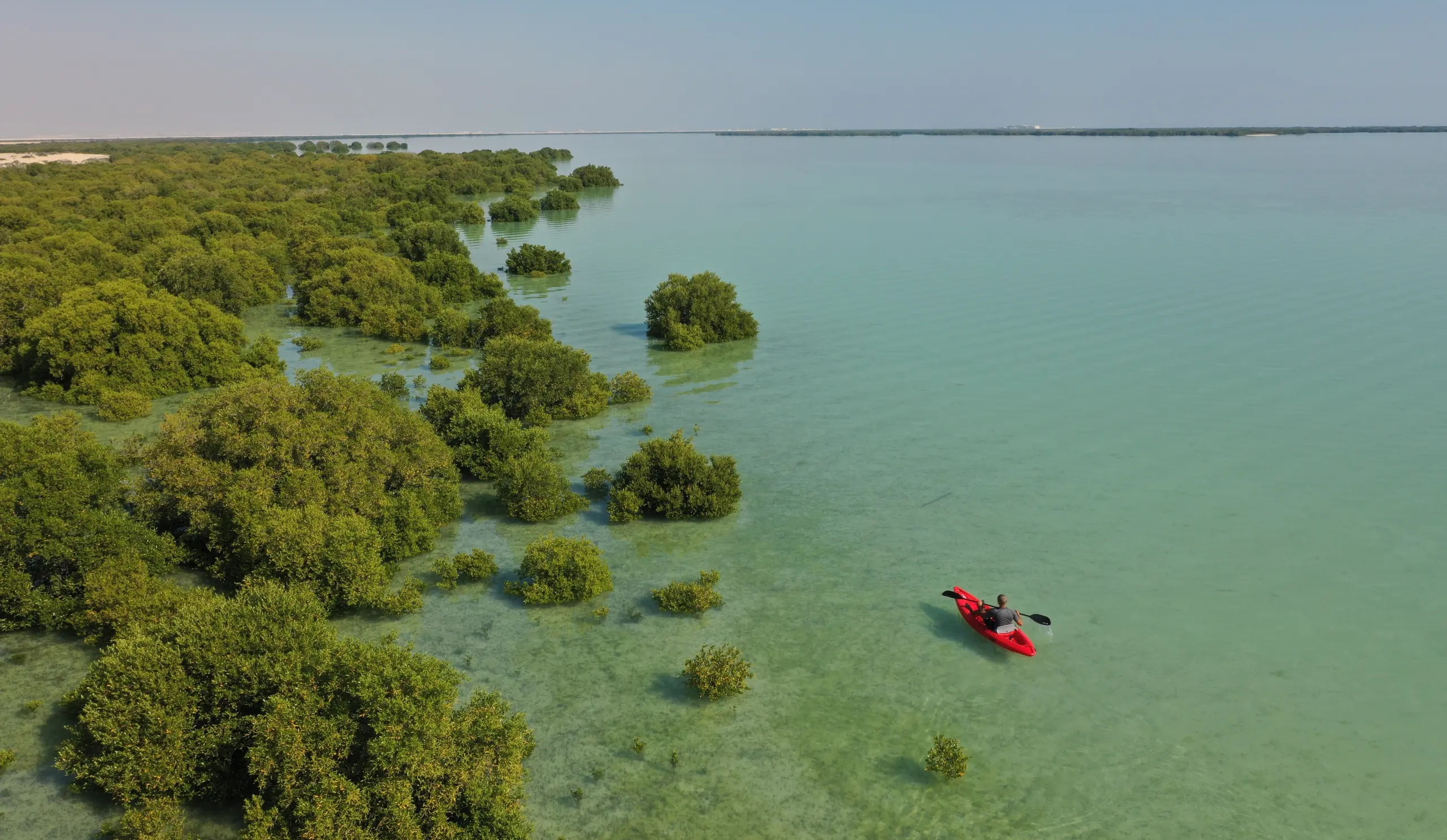Experts have drawn links between climate change and the major role countries play in exacerbating the looming global concern.
Qatar is among a number countries worldwide expected to be impacted by global warming, with a number of its beaches being listed in the ‘Top 10 Tourist Beaches’ predicted to shrink the most by the year 2100.
Qatar’s Simaisma North Beach in Al Daayen falls ninth on the list and its shoreline is projected to shrink by 298.6 metres by 2100.
Coming right after in tenth place is the Gulf nation’s Al Thakeera Beach located in Al Khor. Its shoreline is projected to shrink by 278.9 metres by the year 2100.
Global warming is an ongoing challenge that is already plaguing various ecosystems, one of which are coastlines. Rising sea levels and other related factors threaten some of the world’s most touristic beaches.
On top of the list and predicted to be hit the worst is Nigeria’s Landmark Beach located in the country’s largest city, Lagos. The west African country’s shoreline is projected to lose 918.3 metres by the year 2100. Lagos is already experiencing the serious ramifications of rising sea levels, witnessed in heightened cases of flooding, water-borne diseases and deteriorating water quality.
Regionally, Saudi Arabia’s Royal Commission Beach Yanbu in Yanbu Al Bahr ranks eighth place in the rankings and is forecasted to lose 336.2 metres by 2100.
The current rates of sea-rise levels have been unparalleled for the first time in the the last 2,500 years, according to NASA’s recent measurements. The primary contributors to global warming are the melting ice sheets and glaciers, which add water to the oceans, and the expansion of seawater as it warms.
Global warming
Scientists have recently sounded a fresh alarm on the escalating climate crisis, forecasting that the Arctic may experience ice-free summers up to ten years sooner than previous projections indicated.
The revelation highlights the accelerated impact of the unrelenting discharge of global warming pollutants, according to research published in Nature Communications.
The study anticipates that complete Arctic sea ice melt could occur as soon as the 2030s. It posits that even if substantial cuts to global warming emissions are implemented immediately, summer seasons in the Arctic devoid of sea ice could be a reality by the 2050s.
Meanwhile, data found in a 2022 study shows that the Arctic has been warming at a pace four times faster than the rest of the world over the past several decades.
NASA data reports that the rapid loss of sea ice in the region has been significant, with sea ice contracting at a rate of 12.6% per decade.
The complete melting of summer sea ice in the Arctic is generating alarming global repercussions. The region’s bright white ice, which reflects solar energy back into space, when melted, uncovers the darker ocean surface which absorbs more heat, resulting in further warming – a phenomenon known as “Arctic amplification.”
The shrinking sea ice can also affect global weather patterns, impacting regions far beyond the Arctic.
Climate change
Some countries have already been bearing the brunt of global warming and experts have underlined the heavy man-made factor underpinning the looming global plague.
According to the Global Climate Risk Index, which analyses the human and economic toll of big extreme weather events, Pakistan has continuously been rated among the countries most vulnerable to the effects of climate change. This is despite it being responsible for less than 1% of global carbon emissions.
Millions of people have been affected by severe floods and landslides brought on by Pakistan’s monsoon season of 2022.
‘Climate change and colonial lines’
The floods have prompted many to speak out on the issues of climate change and the major role countries play in exacerbating the looming process.

“Climate change is a global justice issue. Rich countries like our own pump out massive levels of carbon emissions, while poor countries like Pakistan have to pay for it. With their crops, their homes, their lives,” Mehdi Hassan said on Twitter for MSNBC.
Although it is responsible for just less than 1% of global carbon emissions, Pakistan is currently the foremost country battling with the climate crisis.
Since 1959, Pakistan has been contributing 0.4% to the world’s historic greenhouse gas emissions. On a global level, the United States accounts for 21.5% while China is responsible for 16.5% and EU countries make up 15%.
“Climate breakdown is playing out along colonial lines,” an expert wrote on Twitter.







